Comments
- No comments found

As artificial intelligence (AI) becomes more advanced and widespread, so do cyber security threats.
Hackers and cybercriminals are increasingly leveraging advanced artificial intelligence tools to create more sophisticated attacks, which makes it harder for traditional security measures to keep up. This means that organizations and individuals need to take extra steps to protect themselves from advanced AI cyber security attacks.
Preventing advanced artificial intelligence cyber security attacks is a top priority for organizations. Implementing robust machine learning algorithms can help identify and thwart potential threats in real-time. Additionally, educating employees about cybersecurity best practices is crucial to prevent these advanced attacks. Collaborating with experts in AI-driven security solutions is also a proactive approach to fortify your defenses against evolving cyber threats.
Here are some strategies that can help prevent AI cyber security attacks:
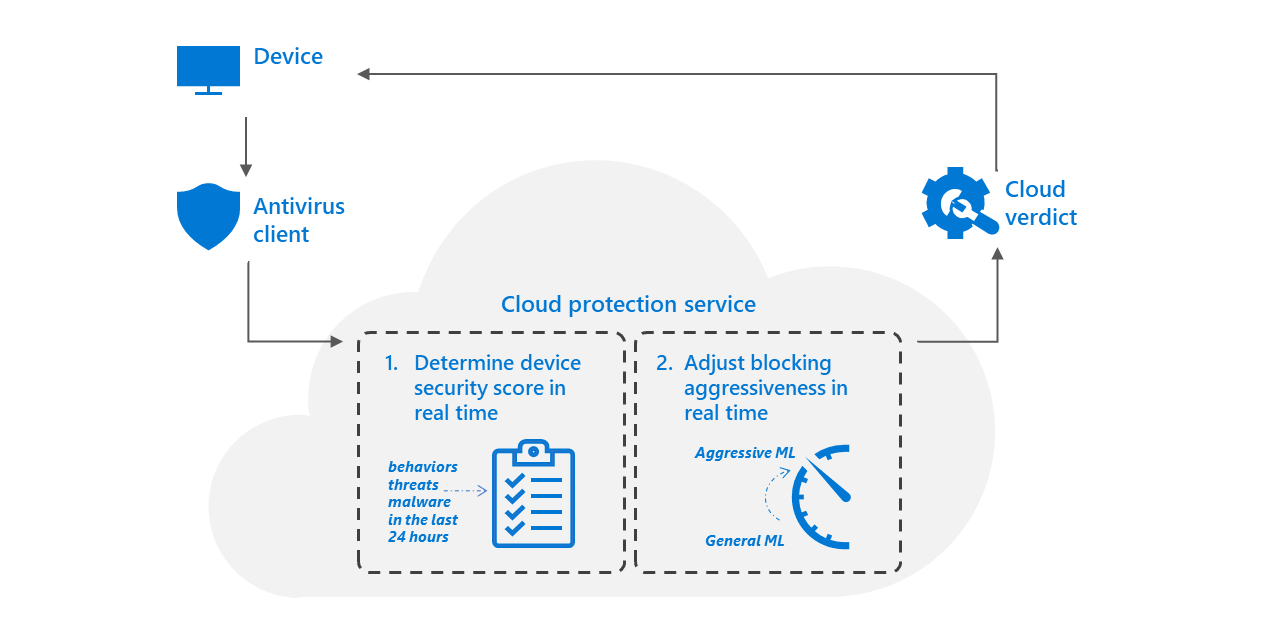
One way to combat advanced artificial intelligence cyber security threats is to use AI-based security solutions. AI-based solutions can help detect and mitigate threats more quickly and accurately than traditional security measures. They can also analyze large amounts of data and identify patterns that humans might miss. By using smart artificial intelligence solutions to fight AI attacks, organizations can stay ahead of cybercriminals and protect their systems and data. Effective strategies for preventing advanced artificial intelligence cyber security attacks involve deploying sophisticated AI-driven defense mechanisms.
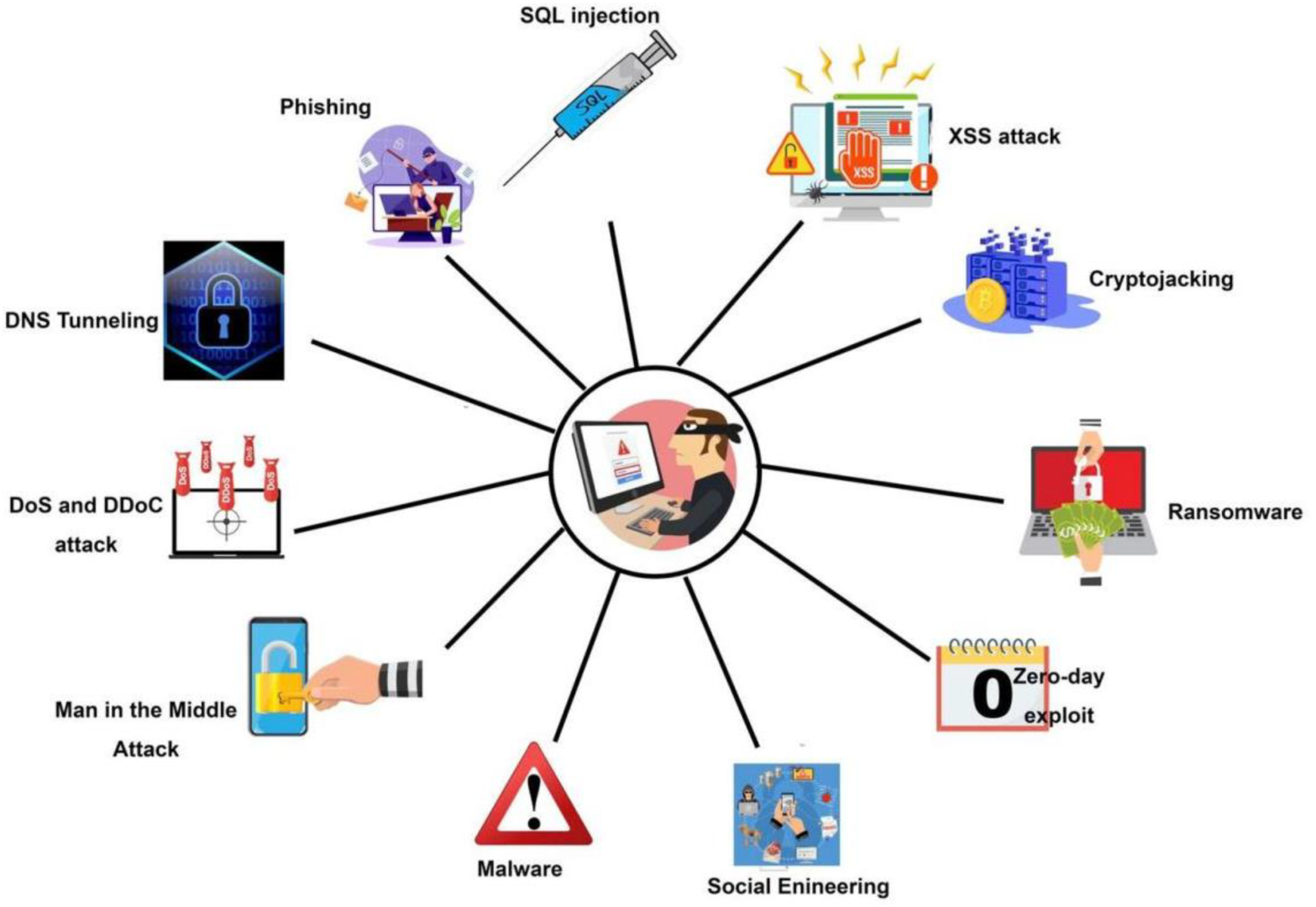
A major important strategy to prevent AI cyber security attacks is to educate employees about the risks and best practices. Many cyber attacks start with human error, such as clicking on a phishing email or using weak passwords. By training employees to recognize and avoid these common pitfalls, organizations can reduce their vulnerability to cyber threats. Employees should also be taught to report any suspicious activity or incidents to the IT department immediately. Continuous monitoring and analysis of network traffic patterns are essential for preventing advanced artificial intelligence cyber security attacks.
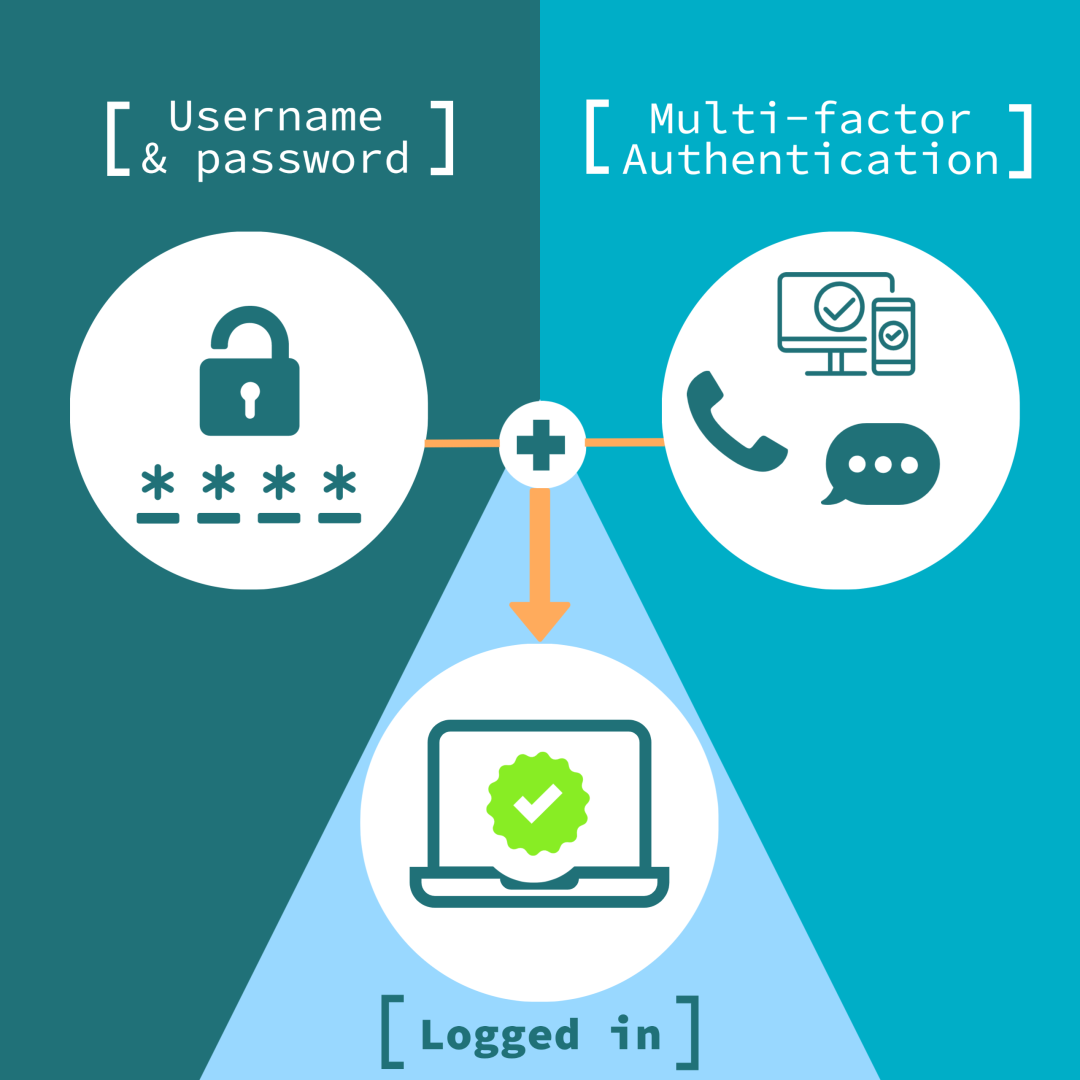
One of the most effective ways to prevent cyber attacks is to implement multi-factor authentication. This means requiring users to provide multiple forms of identification to access sensitive data or systems. For example, users might be required to enter a password and provide a fingerprint scan or facial recognition. Multi-factor authentication makes it much harder for hackers to gain unauthorized access to systems and data. Preventing advanced artificial intelligence cyber security attacks is an ongoing challenge that requires constant adaptation and improvement of defense mechanisms.
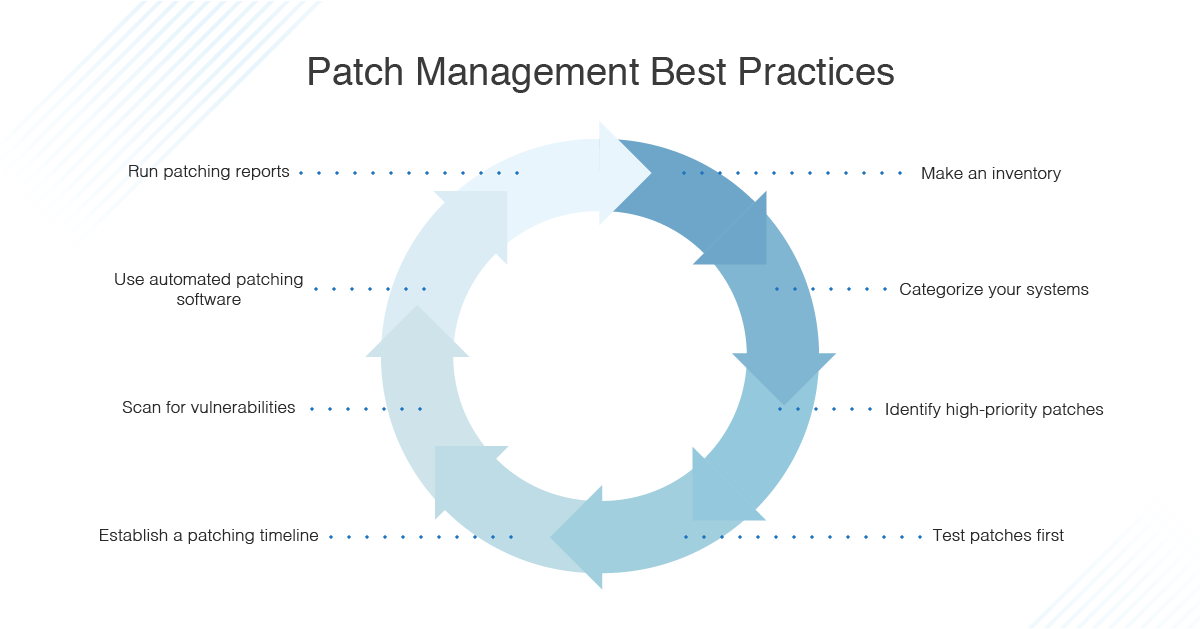
Hackers often exploit vulnerabilities in software and systems to launch cyber attacks. To prevent these types of attacks, it's essential to regularly update and patch systems. This means installing the latest security patches and software updates as soon as they become available. Failure to do so can leave systems vulnerable to cyber attacks, including those that leverage artificial intelligence. Regular security audits and vulnerability assessments are part of a comprehensive approach to preventing advanced artificial intelligence cyber security attacks.
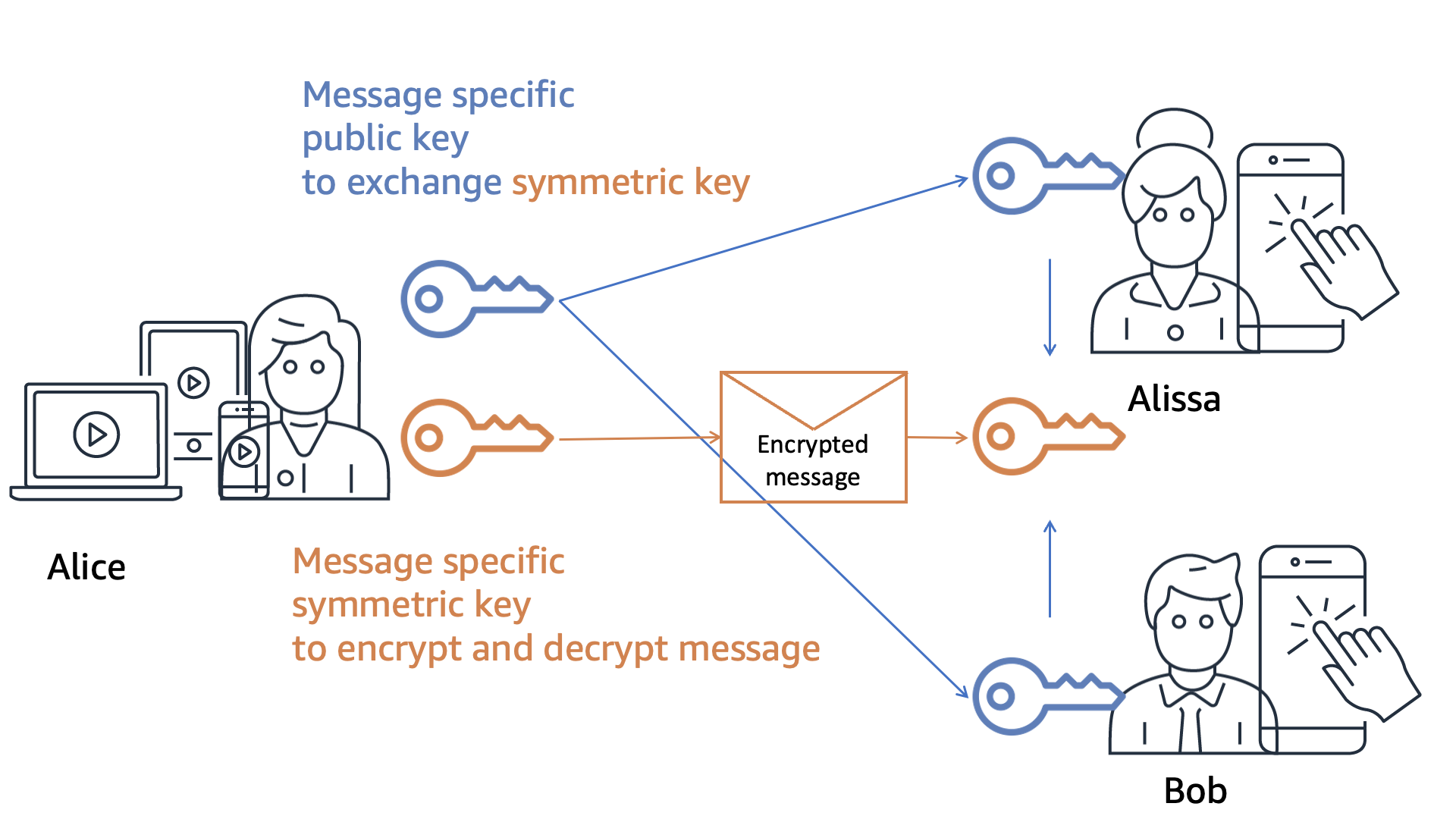
Another important strategy to prevent artificial intelligence cyber security attacks is to use encrypted communication channels. Encrypted channels ensure that data is protected and cannot be intercepted or tampered with by hackers. This is especially important for sensitive data, such as financial information or personal data.
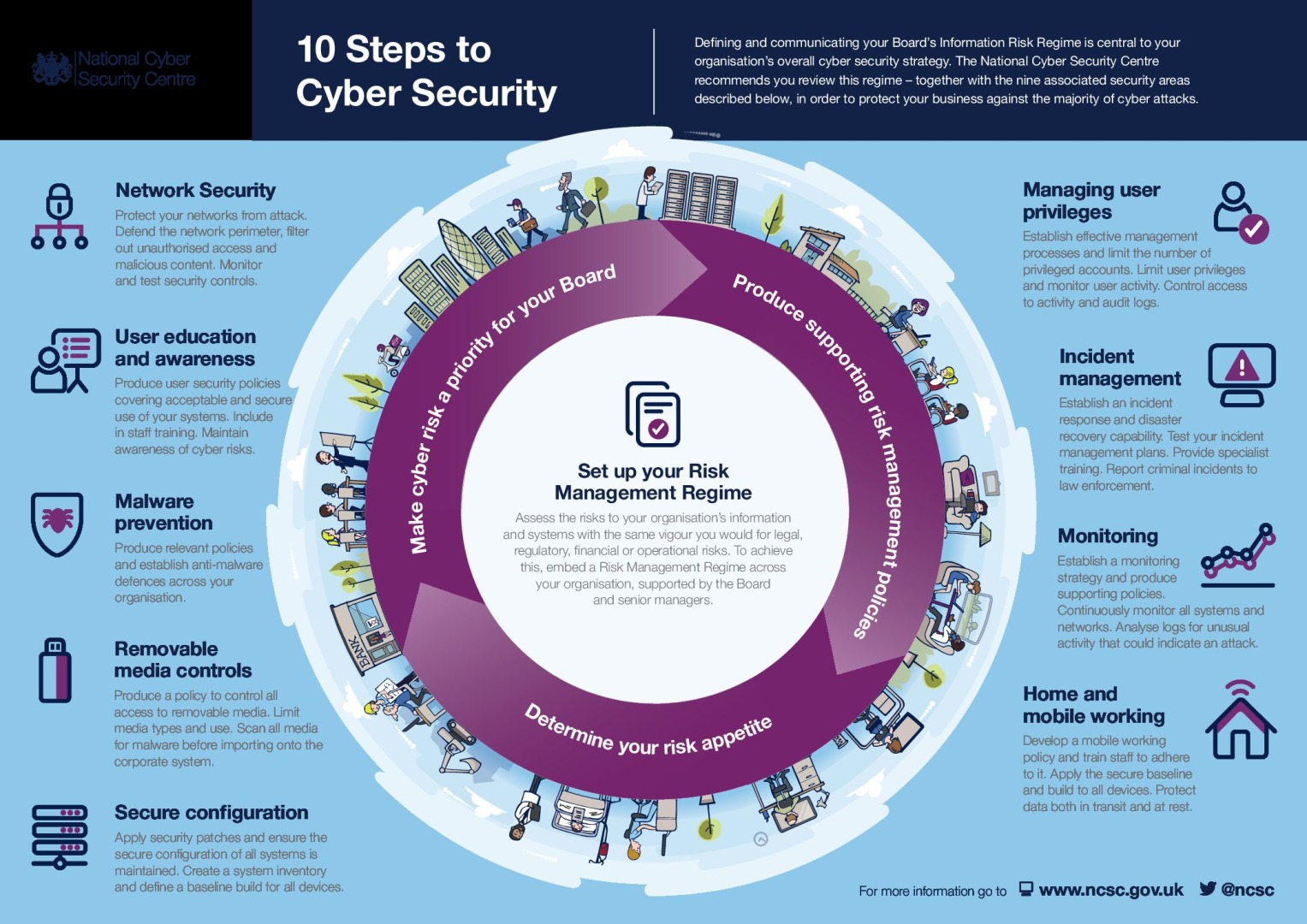
Organizations should conduct regular security audits to identify vulnerabilities and gaps in their cyber security defenses. Security audits can help organizations identify potential threats and take steps to mitigate them before they can be exploited by cybercriminals. They can also help organizations stay compliant with industry regulations and best practices.
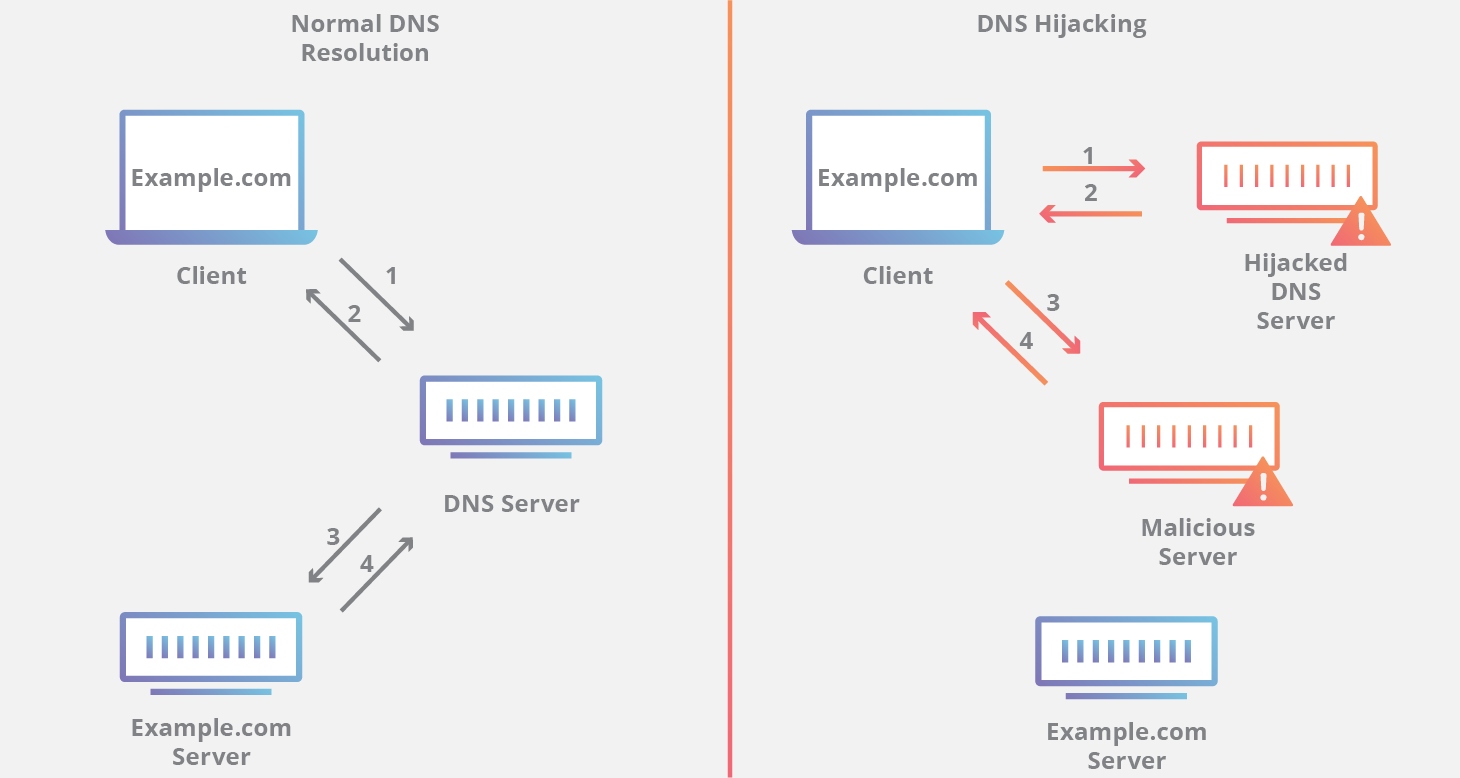
To prevent advanced AI-powered cyber attacks on DNS and cloud providers, organizations must take several steps to improve their security posture. These include:
Protect DNS Configuration: Organizations should ensure that their DNS servers are properly configured and secured against common attacks such as DNS cache poisoning and DNS amplification attacks. This can be achieved by implementing DNS security protocols such as DNSSEC (DNS Security Extensions) and configuring firewalls to block unauthorized DNS queries.
Adpot DDoS Protection: Cloud providers should have robust DDoS protection mechanisms in place to mitigate attacks before they can cause significant damage. This can include using scrubbing services, implementing rate limiting, and deploying intelligent traffic management solutions that can identify and block malicious traffic.
Carry out Encryption: All data transferred between DNS servers and cloud providers should be encrypted using SSL/TLS (Secure Sockets Layer/Transport Layer Security) protocols. This ensures that data is protected against interception and tampering.
Assess Vulnerability Assessments: DNS and cloud providers should conduct regular vulnerability assessments to identify potential security weaknesses and address them before they can be exploited by attackers.
Leverage AI-Powered Cybersecurity Solutions: Organizations should leverage AI-powered cybersecurity solutions to detect and respond to cyber threats in real-time. These solutions can use machine learning algorithms to analyze network traffic, detect anomalous behavior, and automatically respond to cyber attacks.
Organizations are now on high alert. Advanced artificial intelligence cyber security threats are a growing concern for organizations and individuals.
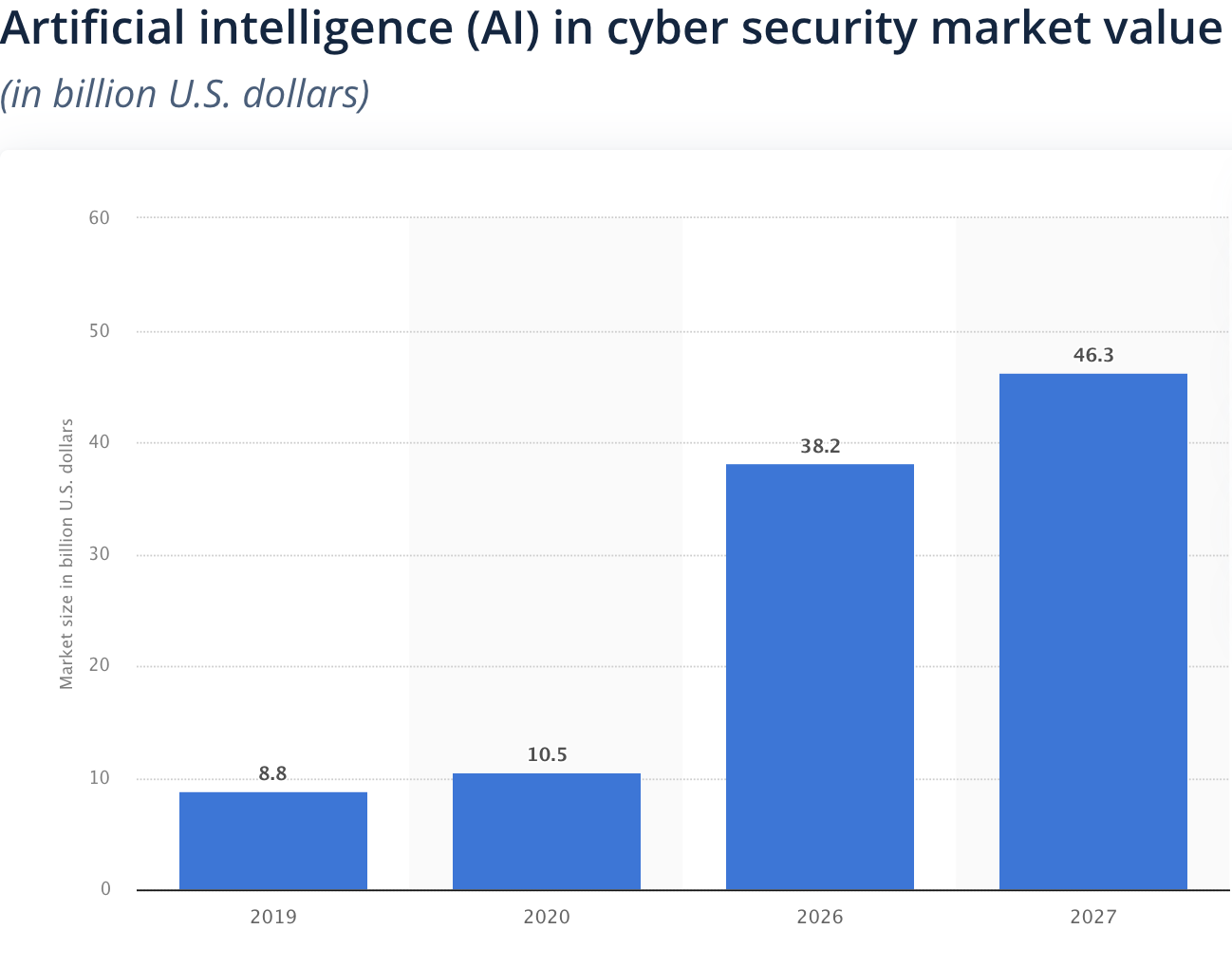
By using AI-based security solutions, educating employees, implementing multi-factor authentication, regularly updating and patching systems, using encrypted communication channels, and conducting regular security audits, organizations can help prevent cyber attacks and protect their systems and data. These strategies are essential for staying ahead of cybercriminals and keeping sensitive data and systems safe. A multi-layered defense strategy is vital for preventing advanced artificial intelligence cyber security attacks in today's complex threat landscape. Utilizing threat intelligence and predictive analytics can enhance the effectiveness of preventing advanced artificial intelligence cyber security attacks. Preventing advanced artificial intelligence cyber security attacks not only safeguards sensitive data but also preserves an organization's reputation and customer trust.
Leave your comments
Post comment as a guest